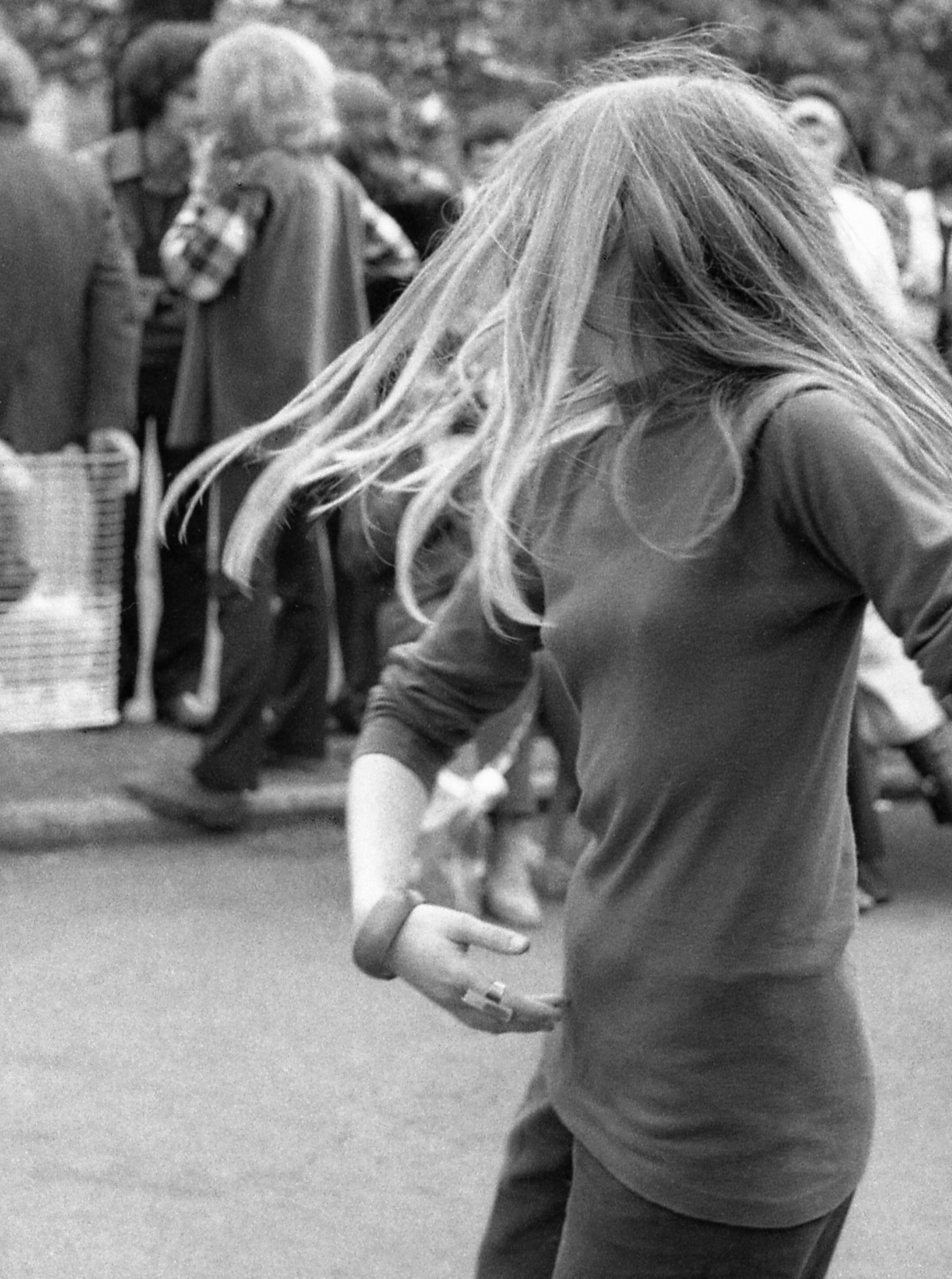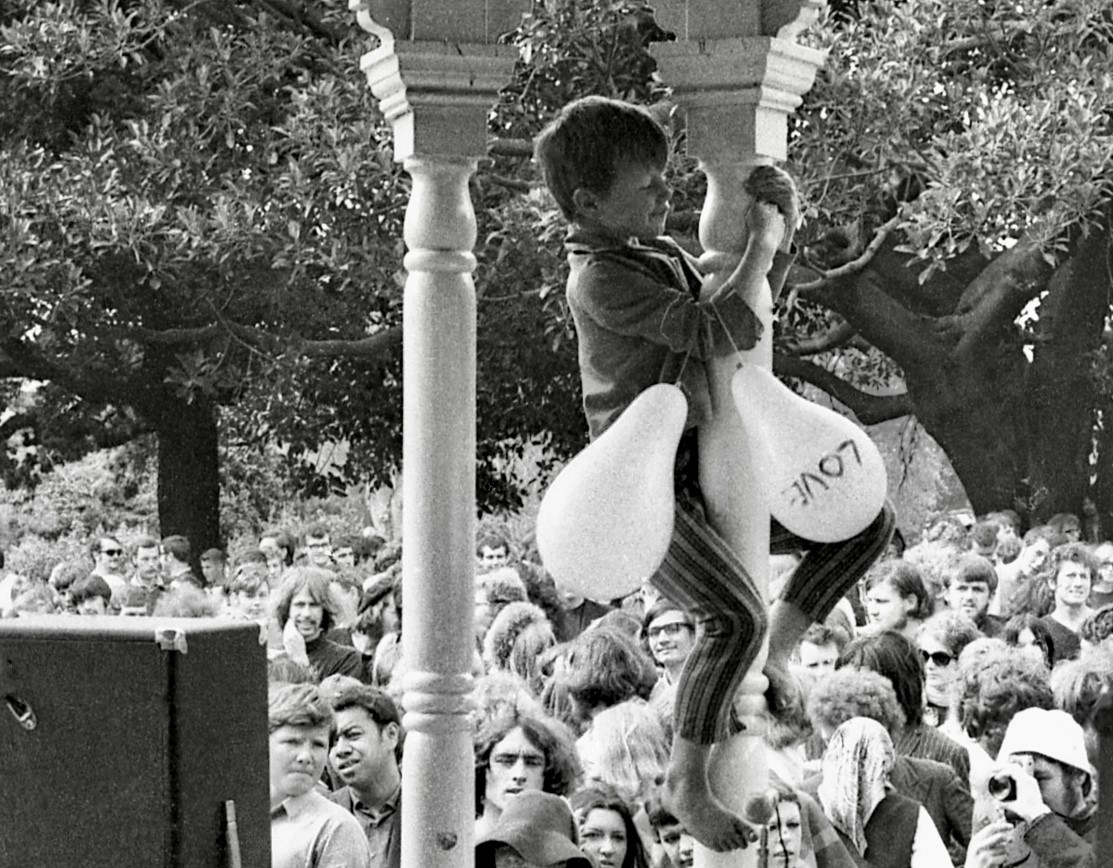Past JD Stout Fellows
Meet past Stout Fellows and explore their research and publications.
List of all JD Stout Fellows
2023 - Michael Brown
Music researcher Dr Michael David Brown was appointed as the 2023 JD Stout Fellow. During his time as the JD Stout Fellow, Dr Brown will research the role of electronic popular music for a current generation of New Zealanders. “My project will explore how electronic popular music serves as a medium of expression for contemporary generations, particularly millennials,” Dr Brown says. Dr Brown has an extensive background as a researcher of New Zealand music, including co-editing two books, Searches for tradition: Essays on New Zealand music, past and present and Finding language: The Massey University composer addresses. He has published research papers on music preservation, the history of music in New Zealand, and on folk music in New Zealand.
Dr Brown is an alumnus of the University, completing a Master of Arts in Music in 2006 and a PhD in Music in 2012. His Master’s research focused on folk music collection in New Zealand, and his PhD research on the vernacular of tramping club singsongs and the Māori guitar strumming style. The main focus of Dr Brown’s research will be the output of Luke Rowell, one of New Zealand’s leading proponents of electronic music and synthpop. Born in 1983, Rowell belongs to a generation of New Zealanders who grew up with shopping malls, home computers, and the latest American TV shows, a cohort who would become—with the arrival of the internet—the first “digital natives”. “A central case study will be the album BUY NOW, released in 2015 under the alias ‘Eyeliner’. BUY NOW presents an ideal opportunity to examine contemporary popular music’s layering of local, national, and transnational meanings in a networked digital world,” Dr Brown says.
This research will build on previous work by Dr Brown completed at the Alexander Turnbull Library, where Dr Brown is music curator. “Michael is a fantastic researcher and advocate for scholarship on contemporary music in Aotearoa. He is a wonderful colleague and embodies what we are looking for in a JD Stout fellow,” says Professor Brigitte Bönisch-Brednich, director of the Stout Research Centre.
2022 - Ben Schrader
Fabricating Identities: A History of Historic Preservation in Aotearoa
The project explores what motivated people to preserve particular buildings and places and examines the diverse cultural meanings that different communities ascribed to them. A central idea is that cultural heritage helps to fabricate collective social identities. These are embraced by some and contested by others, leading to new meanings and identities. This process shows how heritage is socially constructed in the present and is mutable rather than static. The project uses cases studies to scrutinise these and other ideas. Among them are: 1900s efforts to save Māori archaeological and battle sites, the conservation of the Waitangi Treaty House as a national monument in the 1930s, the formation of the of the Historic Places Trust (Heritage New Zealand Pouhere Taonga) to oversee Aotearoa’s cultural heritage; grassroots campaigns from the 1970s to preserve inner city buildings and neighbourhoods as a public good, and the rise of Napier and Oamaru as sites of cultural tourism and performative heritage. It also considers how critiques from Māori (and others) have led to new heritage practices informed by mātauranga Māori concepts. It concludes by examining the current polemical debate about the place of cultural heritage in Aotearoa’s cities before considering ways that it can contribute to making them more sustainable and inclusive.
Dr Ben Schrader is an urban historian with expertise the history of cities, housing, and the built environment. He has written an award-winning book on colonial cities – The Big Smoke: New Zealand Cities 1840-1920 (2016) – as well as a formative history of state housing in New Zealand – We Call it Home: A History of State Housing in New Zealand (2005).
2021 - Nick Bollinger
2021 John David Stout Fellow Nick Bollinger, a Wellington-based writer and broadcaster, has won a 2023 Ockham New Zealand Book Award this year for his book, Jumping Sundays: The Rise and Fall of the Counterculture in Aotearoa New Zealand published by Auckland University Press. The book was recognized in the Illustrated Fiction category. Presented annually, Ockham New Zealand Book Awards are the country’s premier literary honours for books written by New Zealanders.
Jumping Sundays takes its title from the weekly gatherings in Auckland’s Albert Park in 1969, that blended anti-war activism, live music, and cultural celebrations, and marked the beginning of a powerful counter-cultural movement in Aotearoa/New Zealand. “To me, Jumping Sundays represented a larger culture clash between a conservative post-war New Zealand and a new youth-led movement, as young people challenged their parents’ attitudes to everything from war and religion to sex, drugs, music and the shape of society,” Bollinger said.
The book goes beyond capturing the cultural zeitgeist of the counterculture in Aotearoa/New Zealand to explore the connections between local, national, and international countercultural expressions during the 1960s and 1970s. Illustrated Non-Fiction convenor Jared Davidson commented that the book, with its extensive archival research, striking photographs, and vivid storytelling, is “a triumph of production and design.”
Bollinger's inspiration for the book came from his childhood experience. Growing up in the 1960s, he was stepping into a world that had just been shaped by people only a few years older. Having learned about the period through music, journalism, and literature growing up, Bollinger became inspired to revisit and better understand this turbulent period in the history of Aotearoa/New Zealand.
As a JD Stout Fellow, Bollinger spent his residency at the Stout Centre for New Zealand Studies researching and writing Jumping Sundays and organizing a seminar series on countercultural movements at Victoria University. He credits the financial and institution support provided by the Stout Fellowship with enabling him to finish the manuscript. He especially appreciated the physical space the Stout provided. From his office at Victoria University, he could “see the trees and the harbour” whilst being just “one minute’s walk from the library,” he recalled. Bollinger also expressed gratitude for the Stout’s supportive and generative scholarly community. “I honestly can’t think of a better place, anywhere, to do this book,” he said. In particular, “[The Stout Centre] really understands interdisciplinarity. There’s no sort of 'stay in your lane’ there.” Whilst at the Stout, he drew inspiration from the interdisciplinary network of academics, authors, cultural critics, and social activists, who would gather for Thursday lunches or stop in for casual conversations. “Those little chance meetings would so often lead to a little piece of the bigger puzzle I was working on. Constantly, someone would say ‘Oh, I know someone you should talk to, or, I know someone that was involved in alternative theatre during that period,” Bollinger recalled.
Brigitte Bonisch-Brednich, Director of the Stout Centre, expressed similar appreciation to Bollinger for his many contributions during his residency. “Nick’s time at the Stout generated lively discussions, and he was generous with his time and supported other scholar’s work as much as the community supported his,” she observed. Beyond his award-winning writing career, Bollinger is also a widely-known broadcaster, journalist, music reviewer, and cultural historian. A recipient of the prestigious Lilburn Research Fellowship for 2023, he is now working at the National Library of New Zealand Te Puna Mātauranga o Aotearoa, on a new project that explores popular music in Aotearoa/New Zealand as a window into its culture, class, and identity.


